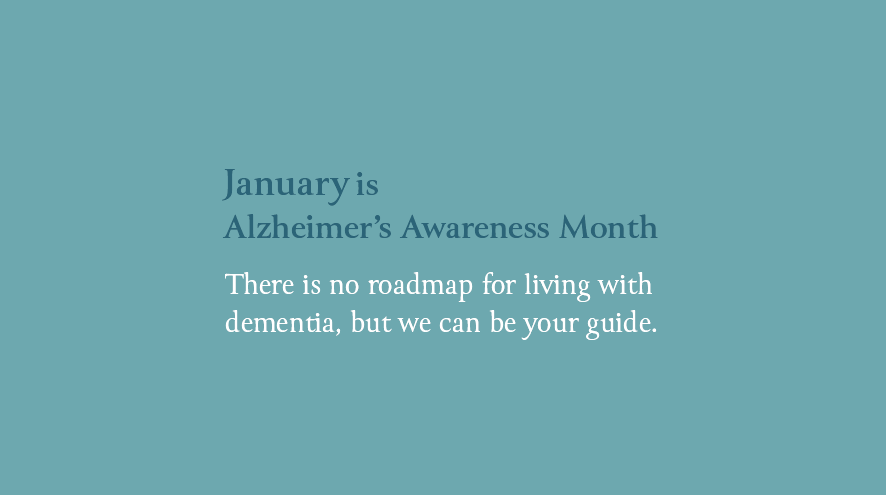Alzheimer's Awareness Month 2025: Meet Judy
We are recognizing Alzheimer’s Awareness Month by sharing the experiences of people like Judy, who have found meaning, connection and joy after a dementia diagnosis, in part by connecting with the Alzheimer Society of B.C.

Judy is an energetic, optimistic person who navigates life’s ups and downs with a positive attitude. She often sees the glass half full rather than half empty – an optimistic outlook that has played a key role in her journey as a caregiver to her husband Ryan.
Their journey began when Judy’s daughter noticed something different during a home visit — Ryan’s hands seemed to tremble when holding objects and his speech responses seemed slower than usual. Judy also noticed some changes in Ryan’s behaviour; he began yelling at her for small things and started to forget conversations. At first, Judy thought Ryan might be depressed, having struggled to find a job since immigrating to Canada, but her daughter’s observations made her realize it was something more.
This prompted Judy to take Ryan for a medical check-up. In 2015, he was diagnosed with young-onset dementia associated with Fahr's disease.
To fully care for Ryan, Judy transitioned from working full-time to part-time. Having always relied on her husband for many routine tasks like replying to emails and paying credit card bills, Judy had to take on managing all aspects of the household as his dementia progressed. But, while Ryan can’t help with most tasks anymore, Judy continues to find ways to keep him engaged, like helping her find kitchen utensils with cooking. When Ryan accomplishes these small tasks, both feel an immense sense of satisfaction.
Judy has also prioritized physical activity, arranging physiotherapy sessions to help Ryan maintain coordination and balance. At the same time, she recognizes the need to care for her own well-being to better support her husband. Judy turns to sports to relieve stress and recharge. “Every time I come home from playing pickleball, I feel happy and it gives me more energy to carry on,” says Judy.
Throughout her caregiving journey, Judy underscores the importance of seeking support. When she joined the Alzheimer Society of B.C.'s support groups, she found comfort in hearing other caregivers share similar experiences. The support groups provided her with valuable information and a sense of connection. Judy understands that dementia has no cure, so she encourages other caregivers to join support groups and access resources, emphasizing that “the sooner you understand the condition and make plans, the easier it is to manage your life.”
Judy also shares the lessons she has learned with other families affected by dementia. “As caregivers, we need to share information, so others don’t have to take unnecessary detours,” says Judy. “In Chinese culture, there are still many people who might have misconceptions of what dementia is and unclear as to how to get help.”
Judy appreciates the programs and services that have supported both her and Ryan. Ryan regularly attends an adult day program that he really enjoys, while handyDART, a transportation service, has made her life so much easier by providing reliable and trusted support. She is also grateful for the doctors and nurses who have been kind and compassionate, showing care not only for Ryan’s condition but also for her overall well-being.
As her husband’s condition gradually progresses, Judy has planned for the future, including the decision to transition him to a care home when the time comes. She stresses that arranging a person living with dementia in a care home is not “giving up” but rather ensuring her husband’s safety. “Long-term care provides professional care, which is safer than me caring for him alone at home.”
Judy’s story is not only a testament to care and resilience but also an inspiration for other caregivers. Her experience demonstrates that a positive attitude and the right support can help caregivers find hope amidst challenges. She encourages caregivers to face reality courageously, proactively seek resources and accept help when needed.
請點擊此處閱讀中文版本。(View the Chinese version.)
Learn more about the campaign
Want to learn more? Meet some other people on the dementia journey at alzbc.org/AAM2025
